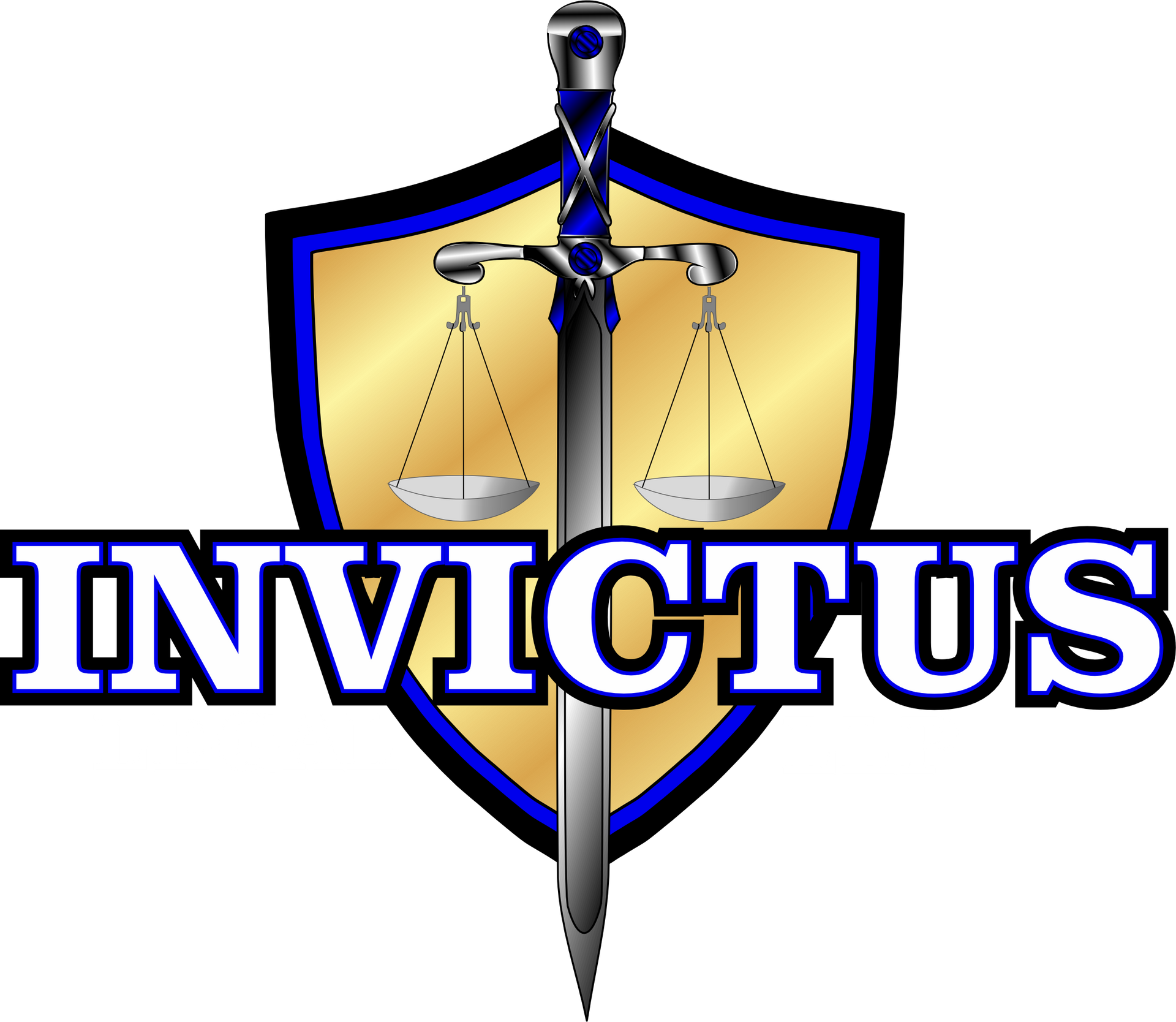Small Claims Court
What Types of Cases Can a Small Claims Court Hear?
In Ontario, a Small Claims Court can hear most legal claims up to $35,000.00.
Although small claims court was once dubbed the ‘people’s court,’ the cases heard before this court are getting more complicated.
The rules of this court can appear to be a rat maze, where one might find themselves caught up in the language and find it hard to understand. Getting a claim past the clerk can be challenging if the paperwork does not look right.
Invictus Legal LLP has many years of experience in dealing with this court and has appeared across southern Ontario on behalf of people seeking legal redress in such cases as:
- Enforcing a contract and getting paid for a job you did for someone;
- Enforcing the repayment of a loan or other financial agreement you made with somebody;
- Suing an employer for wrongful termination or constructive dismissal;
- Compensation arising from a failed business deal or purchase of defective products;
- Slander, libel and defamation issues;
- Damages to your property by a contractor, a neighbour or anybody else;
- Wrongful possession (or disposal) of your property by a landlord, a mechanic, a storage facility or towing company;
- Taking action against creditors that have a wrongful claim against you;
- Return of personal property that somebody has in their possession and refuses to return to you; and
- Many other kinds of cases!
Contact us to find out if you have a case and what you need to do to win!
What happens if I am served with a Plaintiff’s Claim?
If you are sent a letter from a legal representative threatening to sue you for any reason, or if you are served with a document called a Plaintiff’s Claim, call us immediately. You have a relatively short time frame in which to respond. If you fail to respond to a claim that you were served with, the person that filed the claim can obtain a judgment against you without any further notice to you.
Invictus Legal will defend you in Small Claims Court if somebody else is suing you. We will sit down with you to discuss your best defence strategy. Our firm will provide a range of support to you, from drafting a Defense, to negotiating with the other party or their representative up to the point of taking the matter to Trial and defending you to the fullest extent.
I have a judgment, but the party I sued is not paying me.
Many judgments can be enforced in Small Claims Court. These judgments include those originating from the court itself, as well as from other jurisdictions, such as the Landlord and Tenant Board. There are many steps involved in enforcing a judgment. Set an appointment with one of our Paralegals, and we can discuss the possibilities of collection, as well as provide some direction (and assistance) in getting your money.
In some cases, you may not be able to collect from the person you sued or won a judgment against. Invictus Legal LLP will assist you in making this determination to see whether it is worth the effort to attempt a collection at this point. Even if your debt is currently not collectible, it may become collectible in the future at some point, such as a time if the debtor gets a new job, purchases or refinances their home, or you find out that somebody else owes money to them. There are specific ways to collect monies if this happens, and we can assist you.




